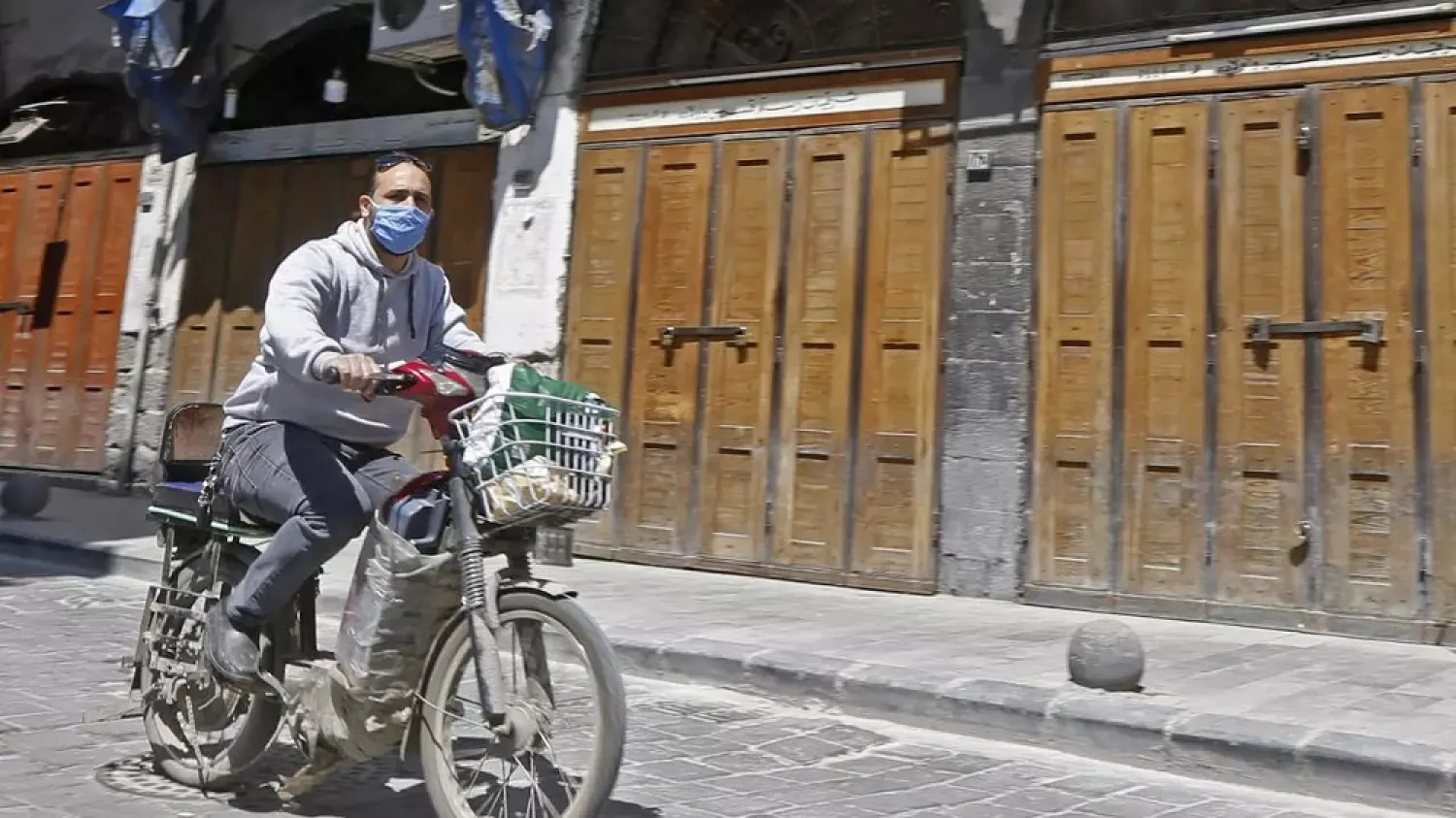Israel has intensified a targeted military campaign in the Gaza Strip, pressing ahead with airstrikes aimed at senior operatives from Hamas and Islamic Jihad, citing what it describes as repeated ceasefire violations linked to armed fighters emerging from tunnels in Rafah.
The strikes have focused on areas west of the so-called “yellow line,” Israeli-designated restricted zones, with Israel again using the Rafah tunnel incident as a security pretext to hit targets it says were previously identified.
Israel says it considers such incidents breaches of the ceasefire agreement and has used them to justify continued attacks on militant targets inside the enclave.
Moreover, Israeli forces are conducting round-the-clock intelligence operations inside Gaza, relying heavily on unmanned aerial vehicles that continuously patrol the enclave and use advanced technology to identify targets.
These efforts are supported by electronic surveillance, including phone monitoring, as well as human intelligence, according to sources.
In the latest strike, carried out around midday on Tuesday, two Palestinians were killed when an Israeli airstrike hit an electric bicycle traveling along Salah al-Din Road near the entrance to the village of al-Masdar in central Gaza.
The two were taken to Al-Aqsa Martyrs Hospital, while a third person at the scene was wounded.
Sources told Asharq Al-Awsat that one of those killed was Asim Abu Holi, commander of the elite unit of Saraya al-Quds, the armed wing of Islamic Jihad, in central Gaza. Another militant accompanying him was critically wounded.
The second fatality was an elderly civilian who happened to be passing through the area.
The developments coincided with the killing of Palestinian woman Abeer Hamdan, who was shot dead by Israeli forces north of Khan Younis in southern Gaza. Later, another young man was killed in the south of the city.
At least seven Palestinians were also wounded in separate shooting incidents involving Israeli vehicles and drones near yellow-line areas in Gaza City and the town of Beit Lahiya in the north.
By midday Tuesday, more than 589 Palestinians had been killed since the ceasefire took effect on October 10, 2025. The total death toll since Oct. 7, 2023, has exceeded 72,000, according to local figures.
On Monday evening, hours after the Rafah incident, an Israeli helicopter struck a residential apartment in the al-Nasr neighborhood of Gaza City, killing three Palestinians, including a child.
Sources said the strike targeted three senior militants from the Beit Hanoun Battalion of Izz al-Din al-Qassam Brigades, the armed wing of Hamas.
Two of them were killed, while a third, the child’s father, was critically wounded.
The sources said the targeted militants had led months-long field operations against Israeli forces in Beit Hanoun in northern Gaza, including bombings and sniper attacks. Al-Qassam Brigades had previously released videos documenting those operations, which it said resulted in Israeli casualties.
Elsewhere on Monday, a Palestinian farmer was shot dead by Israeli forces in Deir al-Balah in central Gaza. At the same time, an older man was killed by Israeli fire near the yellow line northwest of Beit Lahiya.
Hamas spokesman Hazem Qassem said Israel was “escalating its violations of the Gaza ceasefire under false pretexts, disregarding the efforts of mediators and guarantor states seeking to maintain calm,” adding that those parties must act to compel Israel to halt the breaches.
Rafah tunnels
The Israeli military said on Tuesday that its attacks on Hamas operatives were in response to a ceasefire violation in Rafah. It claimed on Monday morning that it had detected an armed group emerging from Rafah tunnels and firing at Israeli troops, prompting forces to kill them.
Some images published later showed that among the dead was Anas Issa al-Nashar, the son of a veteran Hamas leader and one of the movement’s early founders and former political bureau members.
However, videos circulated on social media by unidentified accounts appeared to show armed members of the Yasser Abu Shabab gang killing some of the militants, rather than Israeli forces.
Similar incidents have occurred repeatedly, in which the gang has abducted and killed Palestinians before handing them over to Israeli forces, according to local accounts.
Abu Obeida, spokesman for the Qassam Brigades, said the actions of such gangs reflected “complete alignment with the occupation” and the execution of its agenda, describing them as “a desperate attempt to assert themselves.”
He added that Israel would not be able to protect them, asserting that the fighters killed in the Rafah tunnels were slain by the gang, not by Israeli troops.
Rafah crossing
In a related development, Israeli authorities have kept the Rafah crossing partially open for more than a week, allowing limited passenger movement in both directions.
The Palestinian Red Crescent Society said it facilitated the departure of 50 travelers on Tuesday, including 19 patients, most of the remainder being their companions, as part of ongoing humanitarian efforts to evacuate medical cases for treatment abroad.
Another 50 travelers returned late Monday.
As of Monday evening, a total of 397 travelers had crossed Rafah, out of 1,600 scheduled to travel in both directions, representing a compliance rate of about 25%, according to the government media office.









